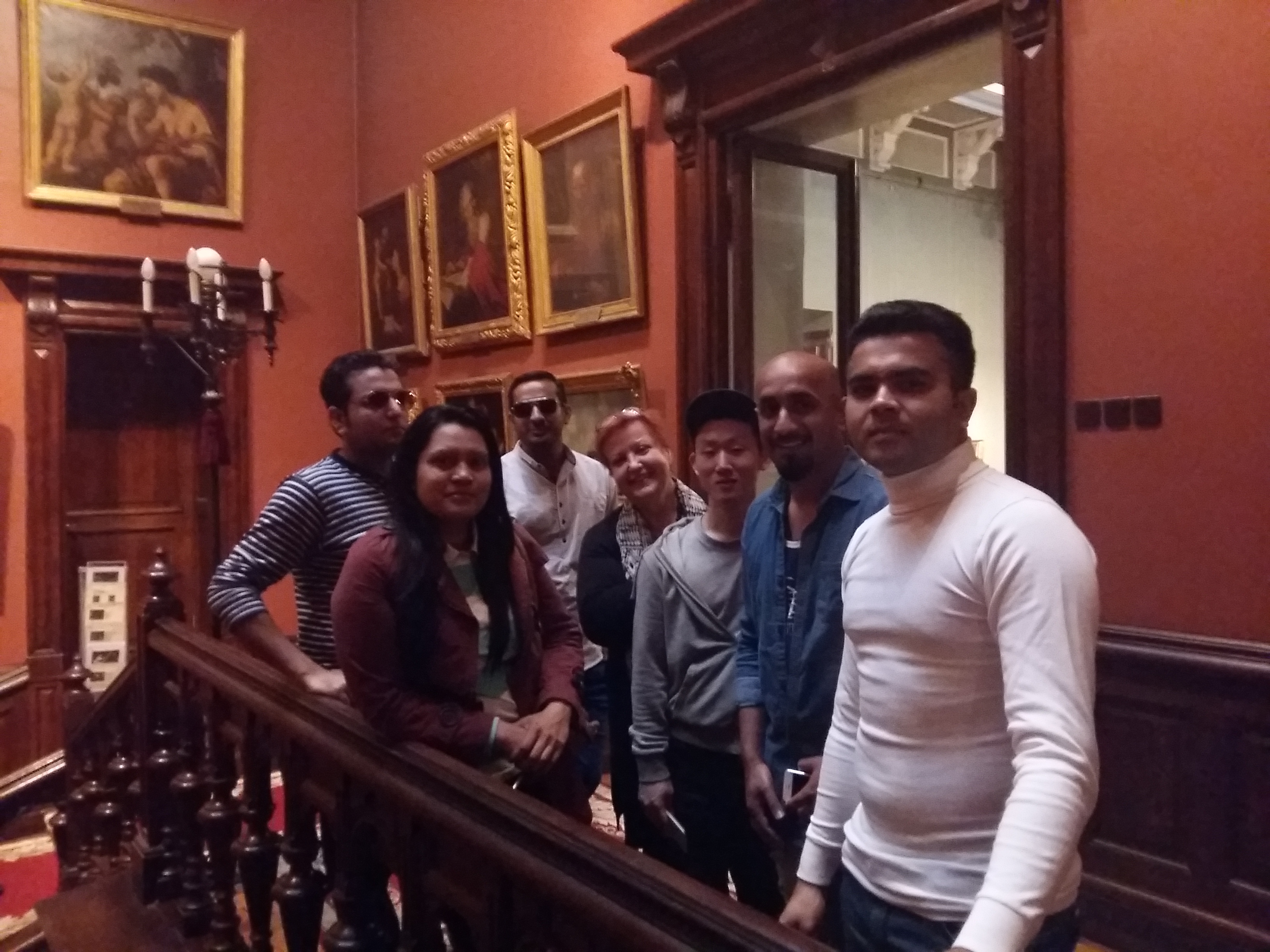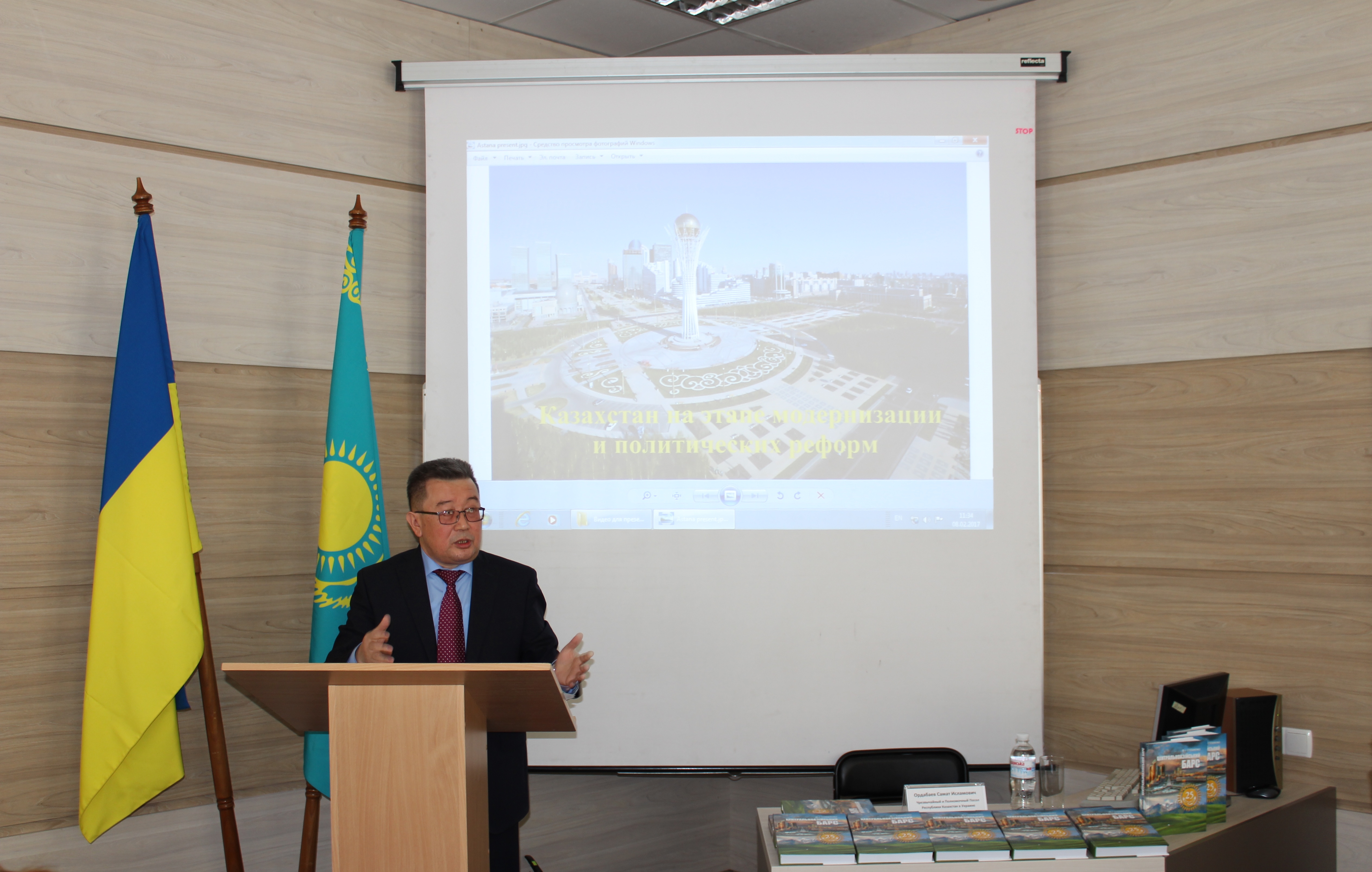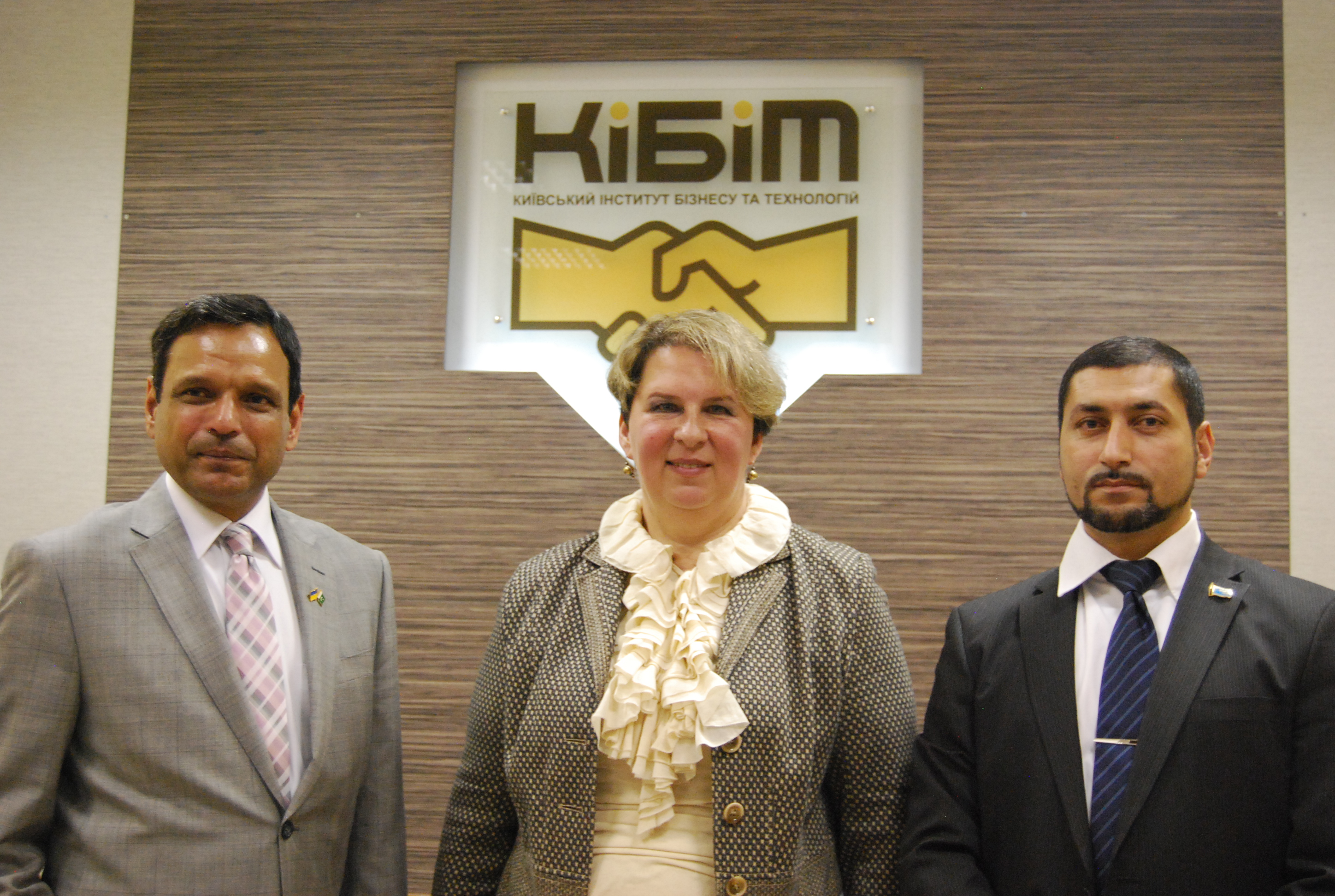2 листопада Надзвичайний та Повноважний Посол Ісламської Республіки Пакистан Атар Аббас розповів студентам Київського інституту бізнесу та технологій про роль засобів масової інформації у вирішенні конфліктів.
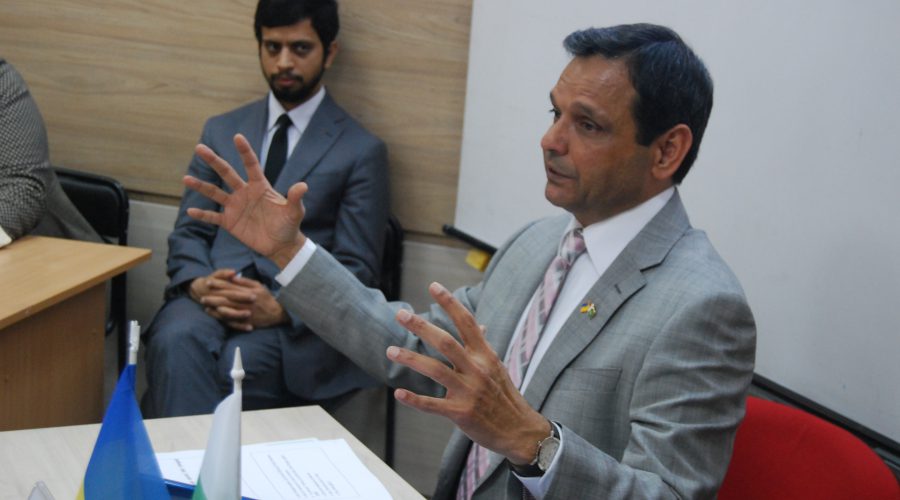
Зважаючи на свій військовий (Атар Аббас – генерал-майор у відставці) та дипломатичний досвід, Амбасадор розкрив негативні і позитивні сторони ЗМІ в процесі військового конфлікту.
Оперуючи конкретними прикладами з власного військового досвіду, пан Атар Аббас показав, як ЗМІ можуть спровокувати паніку як серед населення, так і серед військово-політичного керівництва. Він наголосив, що медіа – це інструмент, що здатен загострювати конфлікт, сіяти хаос та маніпулювати громадською думкою.
«Це «Ефект CNN» – створення фальшивої присутності, цілодобового інформування, що не завжди сприяє урегулювання конфлікту, інколи навпаки, – наголосив Посол. – На жаль, сьогодні медіа керують суспільством, а не навпаки».
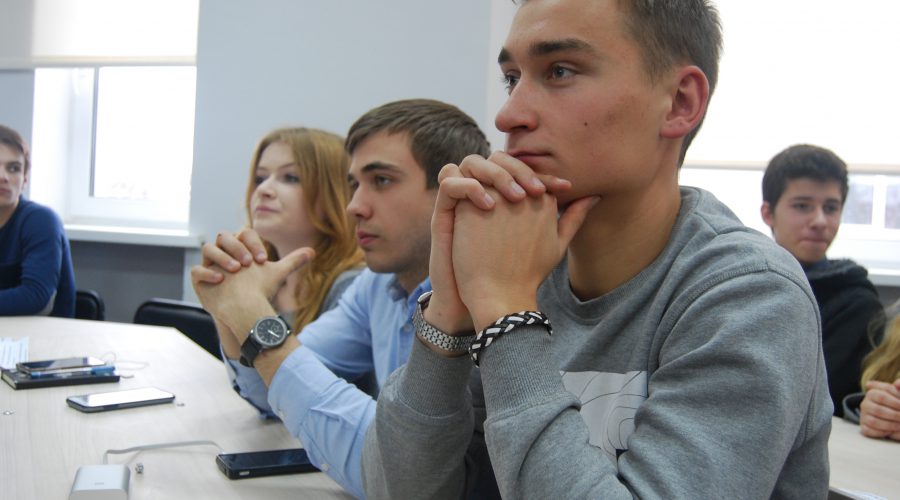
Разом з тим пан Атар Аббас зауважив, що конфлікт – це керована ситуація, і саме ЗМІ можуть нею керувати. Медіа здатні стимулювати сторони до переговорів, презентувати інтереси обох сторін та створити ситуацію діалогу. Гість розповів, що зазвичай військові конфлікти висвітлюють або професійні журналісти, або ж військові експерти.
Амбасадор порадив студентам перш за все бути об’єктивними та намагатись аналізувати кожну почуту думку, оскільки краще один раз побачити, ніж сто разів почути.
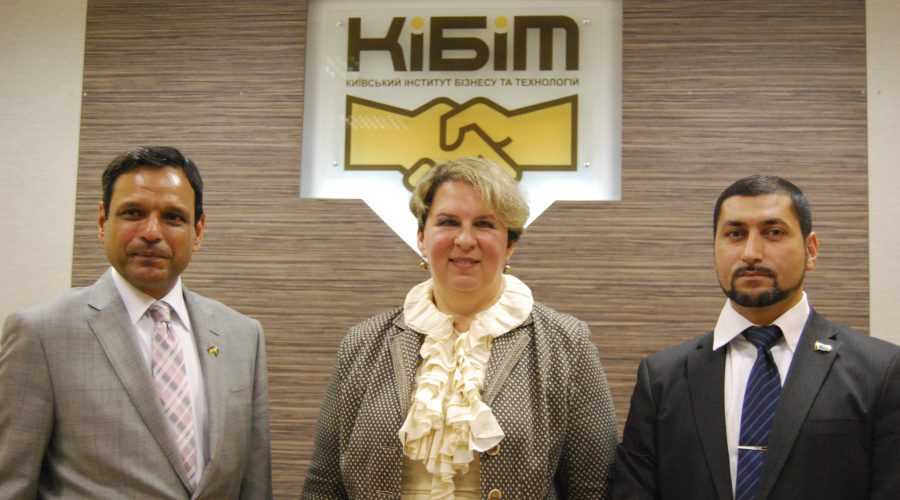
Нагадаємо, що Атар Аббас з 2016 року – Надзвичайний та Повноважний Посол Ісламської Республіки Пакистан в Україні – відвідав КІБіТ в рамках відкритих зустрічей та лекцій, які стали традиційними в галузі міжнародного партнерства Інституту.

